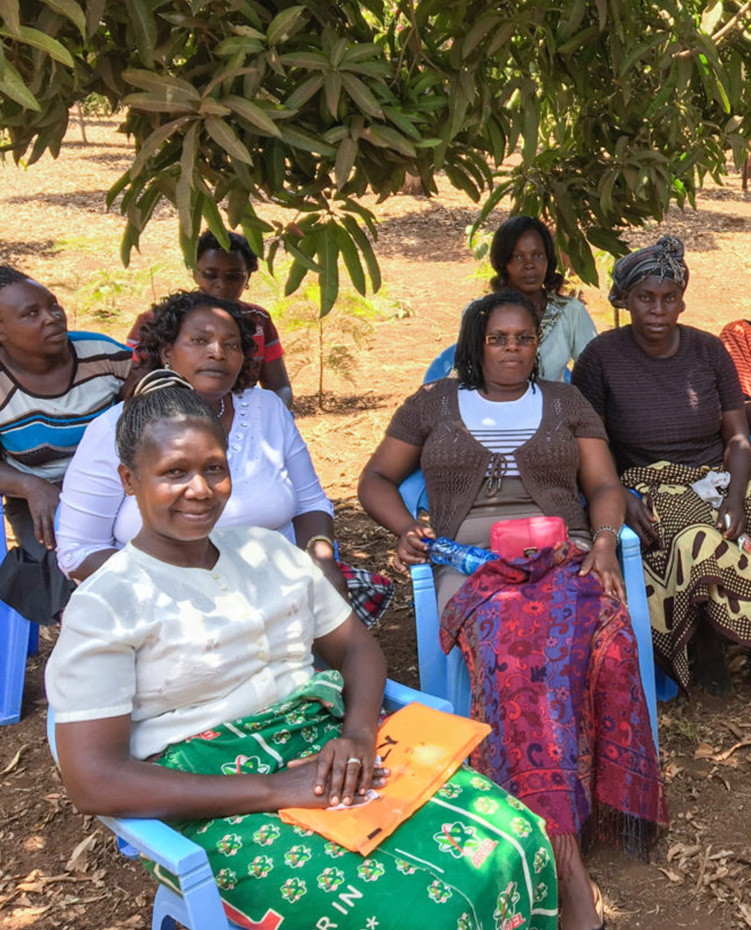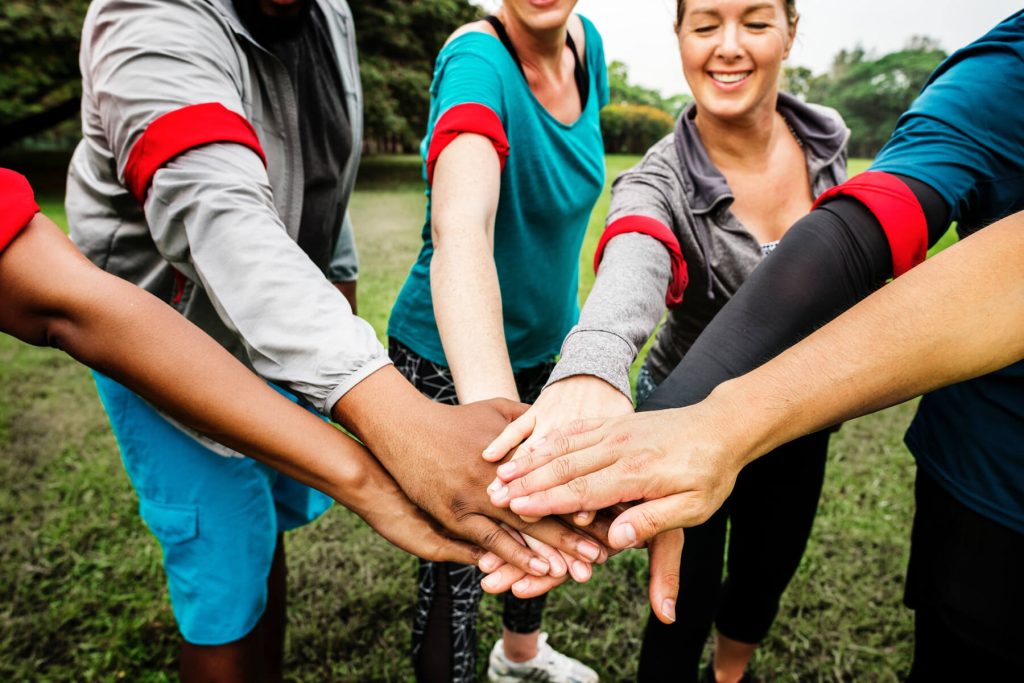It’s not an easy thing to talk with your kids about sex. We live in a culture soaked in sexuality where selling everything from cars to toys to clothing to the food we eat. You as a Parent have talked to your girls about losing virginity, boys and masturbation. But how many times have you properly educated your boys about how to identify and ask for consent??
Our society is plagued by a worsening epidemic of sexual violence, and as a mother and a survivor of sexual assault, I feel compelled to do whatever I can to change that.
It’s practically impossible to scroll through social media or watch the news without seeing some report of sexual assault, but the focus of these stories is the emphasis often placed on what girls should to do protect themselves: they should avoid wearing provocative clothing, they should never walk alone at night; they should take self-defense classes, and never get drunk at a party.
There is little mention of what should be done to stop our boys from growing into men who are capable of committing these heinous acts in the first place. I think we believe that if we teach our kids the difference between right and wrong, assuming that it goes without saying that sexual assault is the latter then we’ve done our job.
You might be thinking, Why is she favoring the Girl child? Honestly, I am not. The reality is both boys and girls should be educated.
By the time you hit them with the talk, children of all ages have already gotten a bunch of messages about sex, relationships, and consent from somewhere else. From cartoons to fairy tales, school mates, pop songs, siblings to the kid next door… by the time your child can comprehend these stories, they’ve already internalized some concepts.
So as a parent, it’s your job to translate, explain, debunk, and convey these messages.
The most important thing you can teach both boys and girls is sexual consent. So what it is? How can you give it and how do you ask for it? Most importantly, why it is so important for healthy relationships?
I am going to give an overview of what consent lessons can look like for most families.

Would You Like to Help Keep just One of these Children in School? We are Raising School Fees for Our Beneficiaries through this Fund. One Dollar will Go A Long way!! Thank You!!
1. Teach the correct vocabulary early.
Consent education should start as soon as kids can understand the foundation concepts behind it. So where do you start? Giving your child the correct, scientific vocabulary to describe their body parts, including words like:
- vulva
- vagina
- penis
- testicles
- anus
There are two major reasons to stay away from code words and slang. First and foremost, correct labels break down stigma and create a person who is sex positive and not embarrassed to talk about their bodies with their parents — not to mention a future teen who isn’t afraid to openly and clearly communicate with their romantic partner.
When we use coded language with little kids, it sounds like something we keep secret and don’t talk about, and that’s not the message we want to send.
2. Teach bodily autonomy and independence.
The next step when they are still at a young age is to teach them bodily autonomy. It is teaching that they have total control over what happens to their body.
Respect your kids’ wishes when it comes to hugging, kissing, cuddling, and tickling. The big example here is that they aren’t “forced” to hug and kiss anyone, even grandma. Children should get to choose their level of contact based on their level of comfort. Learn to respect their NO! “Okay, why should I do that? I am the adult here”. Point is, they should clearly understand and expect that when someone says “no” to bodily contact, that request should be immediately respected.
In addition to letting your child know that they get to choose when someone touches them, you should also begin teaching them that consent goes both ways. You can start by teaching them to ask their friends if they like to be hugged before going in for an embrace.
3. Talk about consent with friends and family.
A vital part of teaching bodily autonomy at this age is also educating your friends and family about boundaries, too. This way Grandma doesn’t get offended when she doesn’t get a kiss. She should know that it’s not a requirement that her grandchildren hug and kiss her or sit on her lap and you can teach her that she can offer alternatives.
When you teach your kid bodily autonomy, you’re not only teaching them to say no, you’re teaching them lots of consent-related skills. Like saying, ‘Can I high five you instead?’ when a hug isn’t wanted.
You’re mirroring what it looks like to be refused. If your child refuses a hug, you can say, ‘I know you still love me even if you don’t want to hug me.’ That statement shows that physical touch isn’t bad or wrong in this relationship, just that in this moment, you don’t want physical touch.”
4. Build stronger, healthier boundaries.
As your children grow older, your lessons about consent and autonomy can increase in complexity.
This is a good time to discuss concepts like coercion, when someone persuades you to consent to something against your original will. You can also discuss how to set healthy boundaries with people, and what they should do if those boundaries are violated.
5. Introduce concepts of sexism and misogyny.
At this age range, it’s imperative to talk to your children in depth about sexism and gender bias. Why? Sexism and misogyny have a lot to do with consent and can lead to harmful myths and misconceptions about consent and relationships, such as:
- Men should always want sex and are expected to push the boundaries of how far they can go with partners.
- The woman is a “gatekeeper” responsible for pacing or stopping sexual acts.
- Women should obey men.
- It isn’t “manly” or romantic to ask before kissing a woman or making a move sexually.
There are gender roles that can cause sexual scripts that can be harmful to sexual intimacy. For example, when a male asks a female for sex, and the female is responsible for saying no. That’s based on a harmful stereotype that men are always horny and ready for sex. It seems complex but you would be surprised at how much a child in middle school will understand this so well.
6. Teach critical thinking skills.
This is also a time to help your children to become independent critical thinkers by using examples of media they consume. They’re going to get harmful messages even when you aren’t around, and they must have the skills to think critically about them.
If you see sexism in the world around you, such as in music, television, movies, or real-life situations, point it out and ask them what they think. Help them reach their own conclusions.
For example, In most movie scenes, verbal consent is absent, which is a problem within itself. If you’re watching a movie with a kissing scene with your pre-teen, you might ask, “How do you think he knew that she wanted him to kiss her?”
I know you mostly focus on telling your children what they should not do. But you should focus on teaching your child what they should do, but helping them understand why you have the values you have, how you came to a decision in your own life, and how they could come to decisions on their own
Please! Please! Avoid too much lecturing and instead try to have two-way conversations.
7. Know how to respond when your kids ask about sex.
This is also the age when children might start asking you questions about sex and sexuality that you may not be prepared to answer but they’re mature enough to understand.
Don’t be afraid to say that you can talk about it another time, like after dinner so that you can have time to mentally prepare. Also, be sure to leave the door open for more discussion and be sure to end the conversation with a supportive statement, like, “I appreciate that you came and talked to me about this.”
8. Continue with more complex issues surrounding sexual consent.
High schoolers and young adults are ready to learn concrete lessons about sexual consent and healthy sexual relationships in full detail. These may be some of the toughest lessons to teach for parents, but they’re the most vital pieces to help your kids understand consent and build healthy relationships.
One mistake parents make when discussing consent is that they have limited talks with their children and male children mostly get different talks than female children.
For example, males tend to get only enough information about consent to prevent illegal actions related to rape and assault, while women may only get enough information to prevent their own rape and assault.
This form of “disaster prevention” sex education may indeed prevent some legal issues, but it doesn’t help break down our foundation cultural issues about consent or lend toward building enjoyable, equitable relationships. Please be sure to discuss the following issues:
- Can a person who’s incapacitated by drugs or alcohol consent to sex?
- Do you have to consent to sex after the first time you have intercourse?
- Do power differentials affect your ability to consent?
- What does safe sex have to do with consent?
- Be certain to cover the difference between verbal and non-verbal consent.
Teach them to know what verbal consent sounds like, as well as how you can ask. They should also know what nonverbal consent looks like. They should understand if that their partner is very quiet, or lying still, that that isn’t the enthusiastic consent they’re looking for, and it’s time to communicate before they keep going.
LESSON: While teens might be learning about issues like birth control, rape, and sexually transmitted infections, they’re lacking knowledge that they both need and crave regarding consent and healthy relationships. This additional knowledge is key to preventing sexual assault and sexual violence.
9. Converse about pornography.
You are probably cringing from the word Pornography. Our teenagers are mostly on their phones right? You can’t ignore that your teen is very likely exploring pornography in some form.
Without a proper education from parents about what pornography is, how it functions, and its issues, kids can take away misguided messages about sex, relationships, and intimacy. At worse, these beliefs can become harmful to others.
Pornography is not a very realistic portrayal of sex. A lot of porn doesn’t portray women well, and there are a lot of mixed messages about consent. For example, teen girls may compare themselves to the women in porn and feel inferior while boys may fear that they won’t be able to sexually perform like the men in porn
10. Talk about what a healthy sexual relationship looks like.
70 percent of 18- to 25-year-olds wished that they’d received more information from their parents, about the emotional and romantic aspects of relationships, including how to:
- Have a more mature relationship.
- Deal with breakups.
- Avoid getting hurt in a relationship.
- Begin a relationship.
All of these issues are tied in many ways to understanding consent.
Again, start discussions with your children while consuming media or after you see a good or poor example of a healthy relationship. Ask them how they feel and what they think, and get them to think critically about what it means to be a caring romantic partner and what it means to be cared for.
Remember, I am not giving all this information just so you can avoid assault. It is about creating healthy people who have the tools and skills to have healthy and happy romantic relationships.
Teaching consent is an ongoing conversation
Teaching our kids about consent might seem awkward at first, not only because it involves the subject of sex, but also because the majority of today’s adults didn’t get consent education as kids. However, one of the most rewarding aspects of parenting is our ability to break harmful cycles, create new standards, and improve life for our kids and the next generation.
Even if you have older children and missed out on earlier lessons, it’s never too late to start teaching your kids about the importance of sexual consent.
In this digital age, with the Internet at their fingertips, all the parental controls in the world won’t keep our children from seeking out the answers to any questions they might have about their bodies and sex. It’s natural for them to be curious, but if you start an open conversation with them at a young age, if they know you won’t scold them or tell them that they are too young to think about “those” kinds of things, they will be more likely to come to you for information rather than other sources.
I hope this article will be a good guide in helping you talk about sex with your children. Feel free to ask any questions or give Feedback. We Love It!
If you find this helpful, Please share with other Parents or Parents to be. Follow Us on Instagram, Facebook, Linked In and Twitter.
Related Content>>>>>>>>>>>>>>>>>>>>>>>
What Is Rape Culture in Kenya??
Skills that Dads Should Teach their 13 year old Daughters in 2020.
Myths About Sexual Assault.




